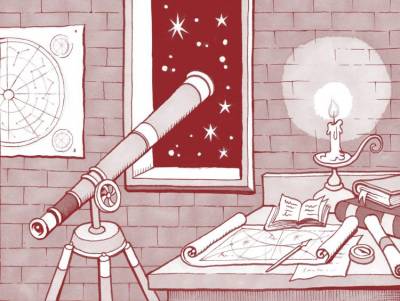Head of Department: Prof Joe Cain
UCL Science & Technology Studies is the only university department in the UK to integrate the study of the history, philosophy, sociology, politics and communication of science.
The department has its origins in the Department of the History and Method of Science, founded during the 1920s. Over the years, this evolved into the department of the History and Philosophy of Science, before taking its current name in 1993.
The department has recently celebrated the twentieth anniversary of its transformation, which brought with it the first undergraduate students in its disciplines.
Despite its presence in the Faculty of Mathematical and Physical Sciences, the department has a wider brief, covering all the sciences as well as engineering and medicine.
STS is a small and friendly department, with a little over 100 members (including all staff and students). Academics in the department have consistently received outstanding teaching assessments, and the department’s research, which is combined with that of the history and philosophy departments for the purpose of government assessments, is highly rated.
In addition to teaching its own students, the department’s courses are popular among students from other departments across the faculty and in the other sciences, and it is a central part of the Natural Sciences degree.
Despite being grouped with the other natural sciences disciplines because of its subject matter, STS shares its academic methods and structures with the humanities and social sciences. As such, its undergraduate degrees are three years long, with a standalone master’s degree expected before enrolment onto research degrees.
Until this year, STS shared its taught master’s programmes with Imperial College London, through the London Centre for the History of Science, Technology and Medicine. Beginning this academic year (2013-14), STS will be teaching its own brand new master’s degrees.
The department, despite its small size, covers considerable academic ground.
History of science explores both the recent and distant past of the scientific endeavour, from the birth of science in ancient Greece to the present. As well as looking at scientific research itself, history of science covers a broad range of associated areas such as the social context and impact of scientific changes.
Philosophy of science explores questions of what science is, how it works, and how we know about the world around us. Looking beyond simplistic definitions of scientific method, the field aims to answer questions such as: what distinguishes science from pseudoscience?
Science policy and sociology of science look at science and its place in society. The area spans from chemical weapons policy to the sociology of risk, including a major research programme into the history of biological weapons control.
Science communication is the art of communicating scientific information; mediating between scientists and publics; and examining the role of scientific knowledge or literacy in public.
While these areas are all individually studied at other universities in the UK, UCL is the only one to bring their study together under one roof.

 Close
Close

